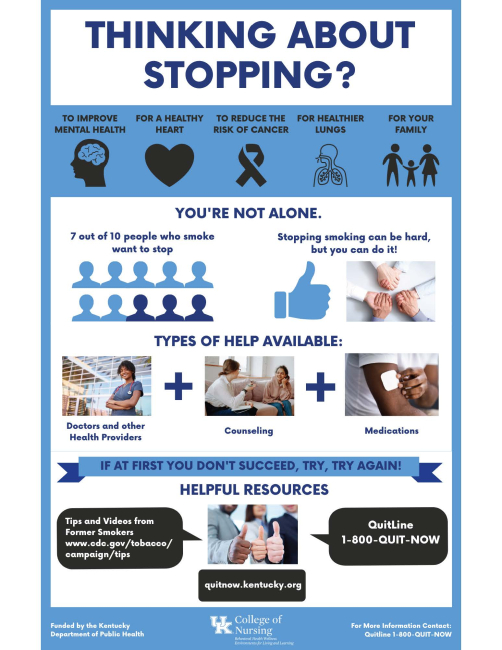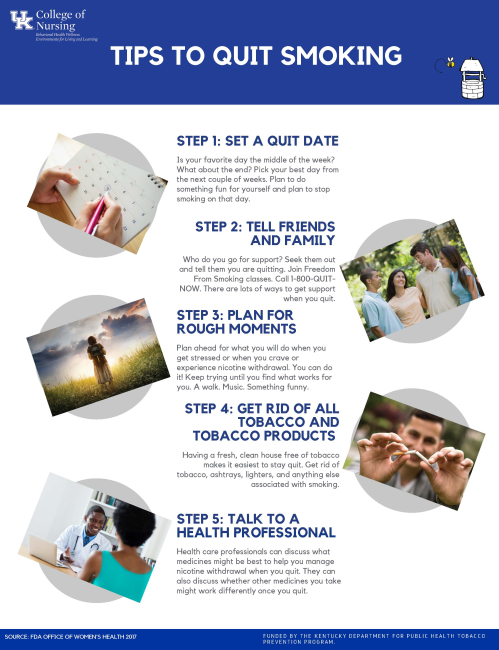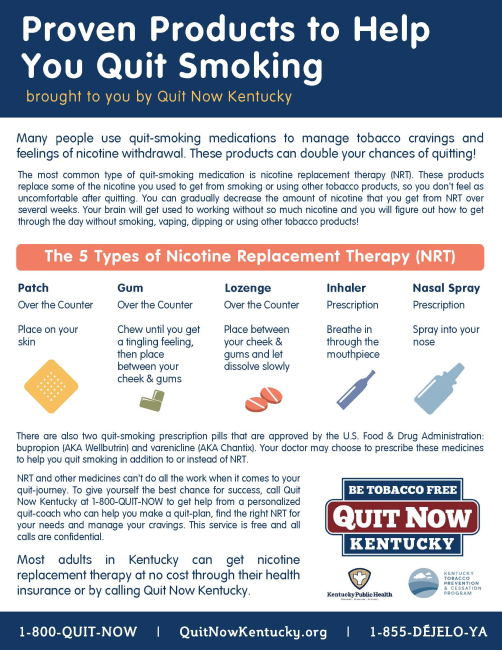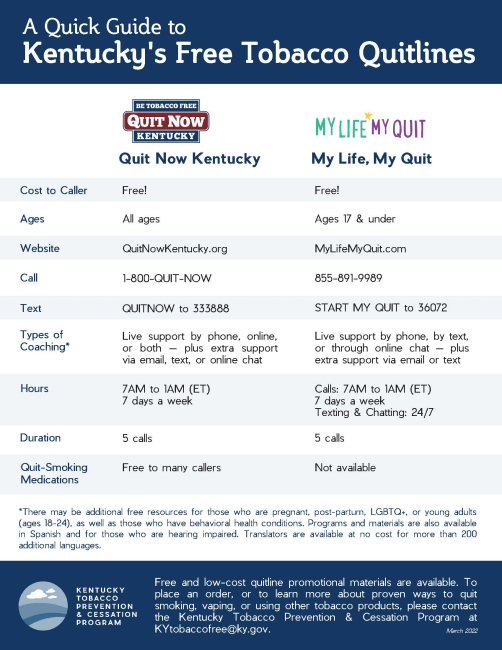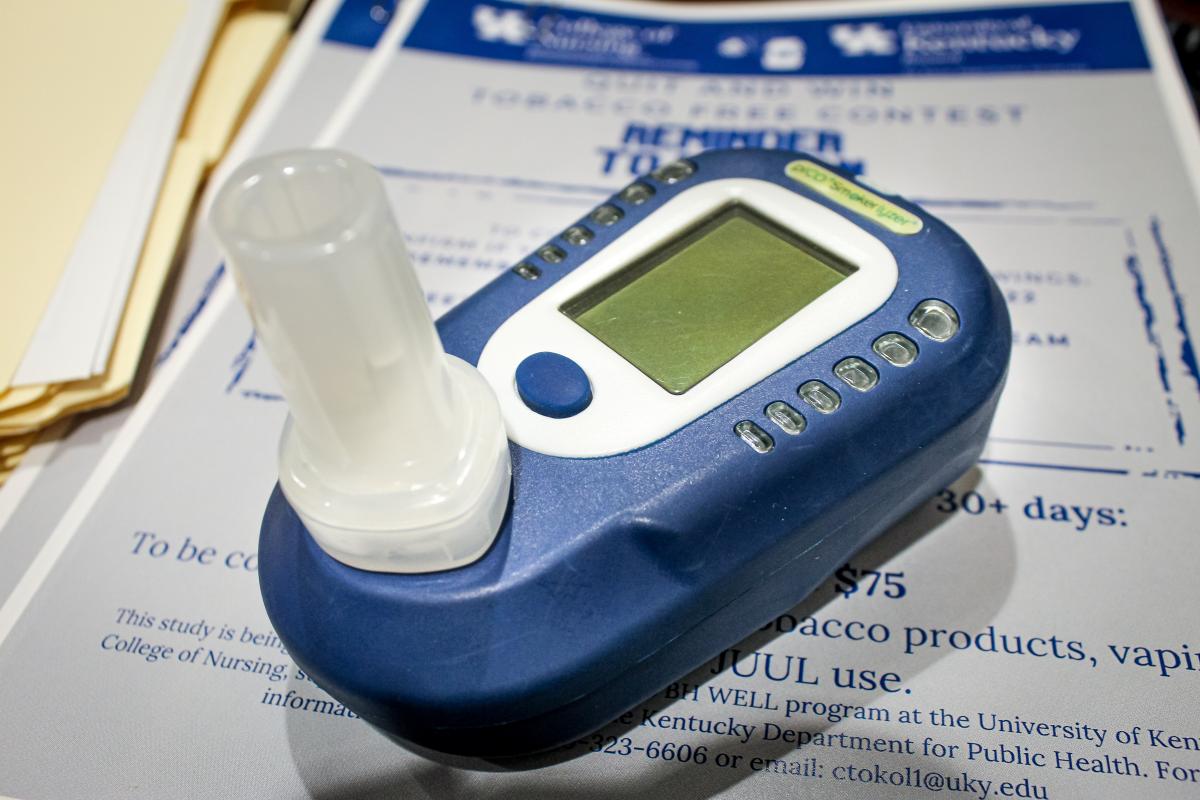People living with mental illnesses (MI) are disproportionately affected by tobacco use and its related disease burden. The Incentive Theory (Bindra, 1974) purports that positive reinforcements can motivate behavior. Evidence supports using incentives for engaging in tobacco treatment among those with MI. Quit & Win contests promote quit attempts in target communities.
In Quit & Win tobacco cessation contests, participants are encouraged to quit using tobacco on a particular date or during a specific time period. At the end of the contest, successful participants are then eligible for raffles, lotteries, or prize drawings, which may include financial payments or other rewards. Contest participants are more likely to remain tobacco-free, at least short-term than non-contestant controls. Most cessation contests are successful with participants in the preparation stage of change. The preparation stage is when a smoker is ready to stop smoking within the next 30 days and, typically, has made a 24-hour quit attempt in the last 12 months. The goal after a smoker has reached this stage is to help the smoker prepare for a quit date. This is when community-based interventions such as Quit & Win contests may be beneficial to a participant.
